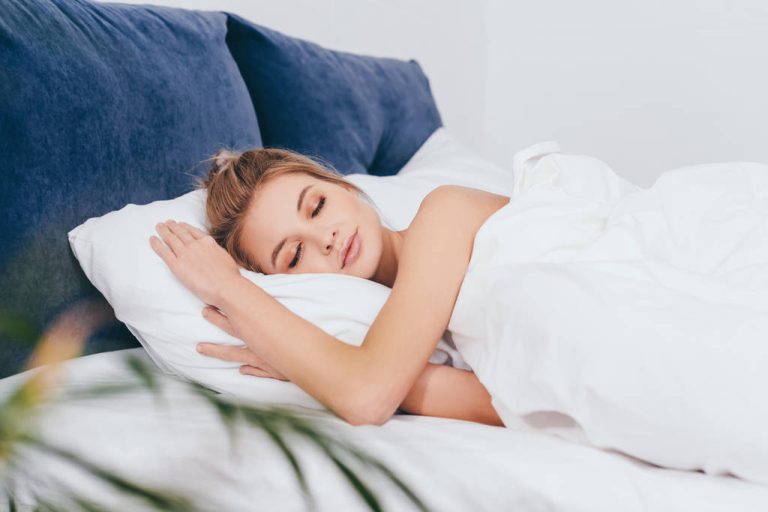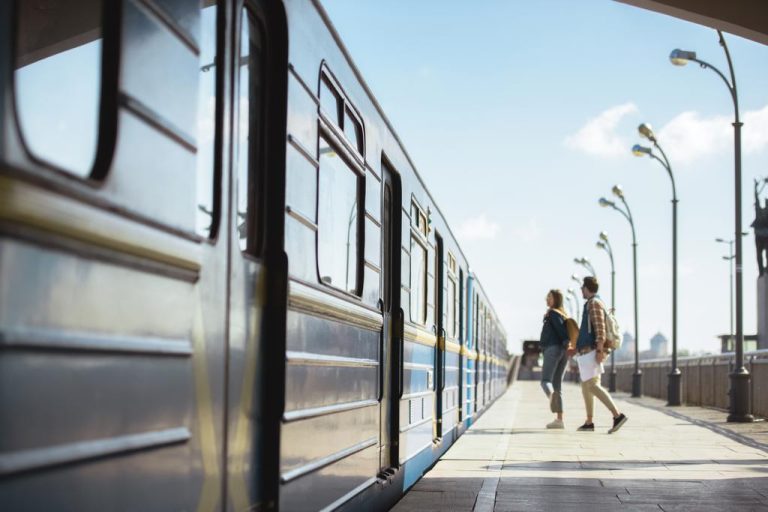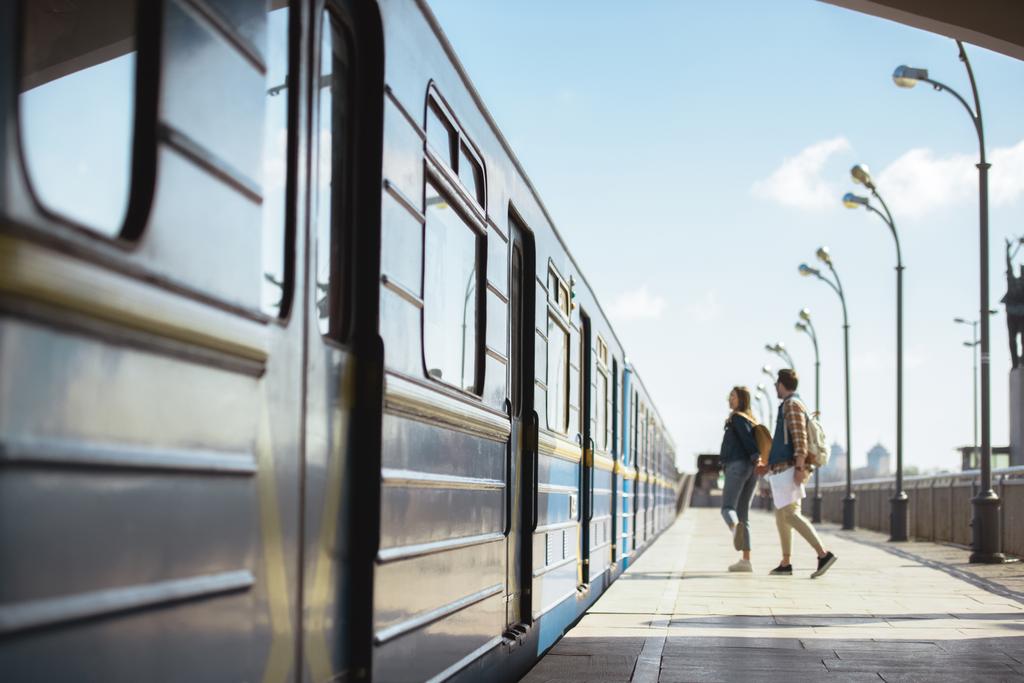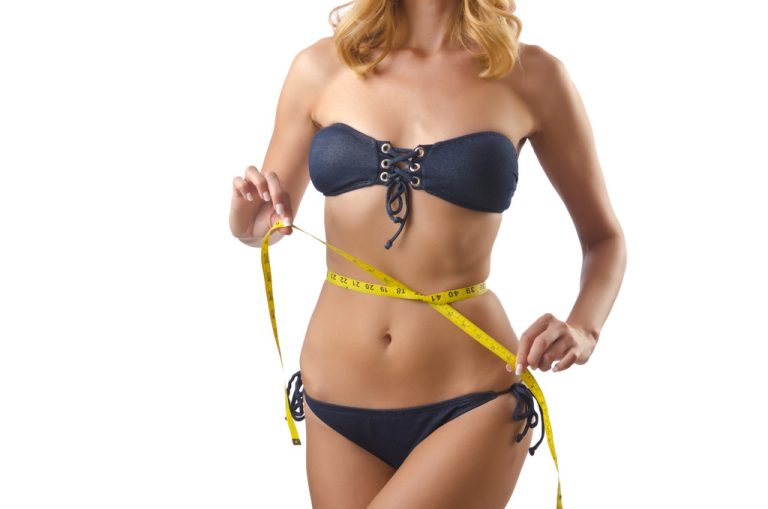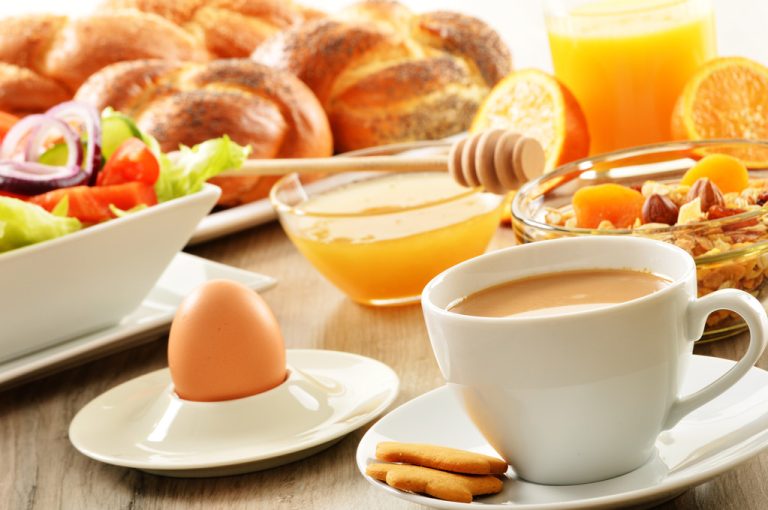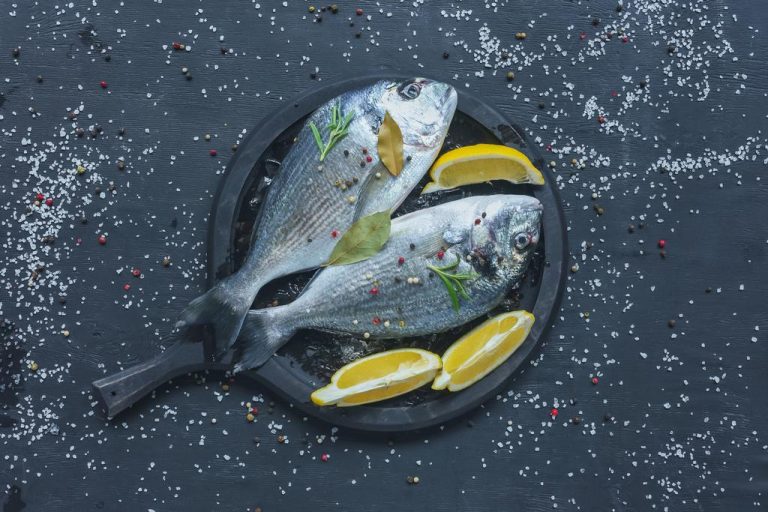Forget pajamas and underwear – sleeping naked is far healthier, preventing disease and even mobilizing fatty tissue. An expert recommends women in particular to sleep better naked.
Expert advises: women should better sleep naked – for this reason
Since the tight-fitting underwear restricts the ventilation of the intimate area, women in particular should sleep without panties at night. In addition to hormonal changes, very frequent washing or inadequate toilet hygiene, tight underwear, which is worn primarily at night, can trigger symptoms of illness in the vaginal area.
According to the Dutch gynecologist Alyssa Dweck, women in particular, who are more likely to have infections in the genital area, are recommended not to wear underwear at night. The fresh air makes it harder for fungi to multiply and thus prevents infections.
However, if you sleep naked, you have to change the bed linen more often. Bacteria are transmitted significantly more from bare skin than from pajama fabrics and underwear. That is why it is recommended to change the bed linen once a week so that the bacteria do not multiply so quickly.
Heat can cause diseases such as fungal infections
Yeast fungi are known to multiply with heat and moisture. The female intimate area can thus provide the perfect breeding ground for bacteria to spread. Especially if you wear tight trousers and underwear not only during the day but also at night, the intimate area gets almost no air.
Three out of four women will have a vaginal yeast infection at least once in their lives. In some cases, the disease keeps coming back. 90 percent of a fungal infection of the vulva and vagina is caused by the yeast Candida albicans, in rarer cases it is other types of Candida. These symptoms of an infection in the genital area can be mild to severe:
Mild to severe itching inside and outside the vagina
Burn
Redness and swelling of the vagina and labia
The feeling of being sore
Yellowish white discharge
Small injuries in the intimate area
pain during sexual intercourse
Burning when urinating, as the urethra can also be affected

Don’t want to sleep naked? You should note that
Many people feel uncomfortable sleeping naked or freeze easily. Under these circumstances, the gynecologist recommends loose sleeping clothes such as loose nightgowns or cotton pants that are particularly airy. Nevertheless, the more naked the better. However, if you freeze at night, you should not wear thick socks, but rather grab a hot water bottle*. It cools down over time and can be kicked out of bed more easily if it gets too warm.
More tips:
Loose boxer shorts instead of briefs, it is better to wear loose boxer shorts
Loose instead of tight clothes
Don’t wear underwear underneath your pajama bottoms
Swap underwear for a thicker blanket
Avoid sleepwear made of polyester or other synthetic fabrics
Prefer cotton or silk sleepwear
Conclusion: Sleeping naked can be very pleasant, especially in warm months. If you’re cold, you can always get a second blanket. Definitely worth skipping pajamas for. Not only will this benefit your health, it may also lead to more fun in the bedroom!

